Garage floors have to deal with a lot of abrasion and damage by the constant vehicle and foot traffic every day. Not only that, dirt, dust, mud spills, automotive fluids, etc., take their separate tolls on your garage floor as well.
If that wasn’t enough, the garages of homes in snowy or harsh-cold weather climates have to face even more brutality. Snow, de-icing products, salt, and ice have highly damaging effects.
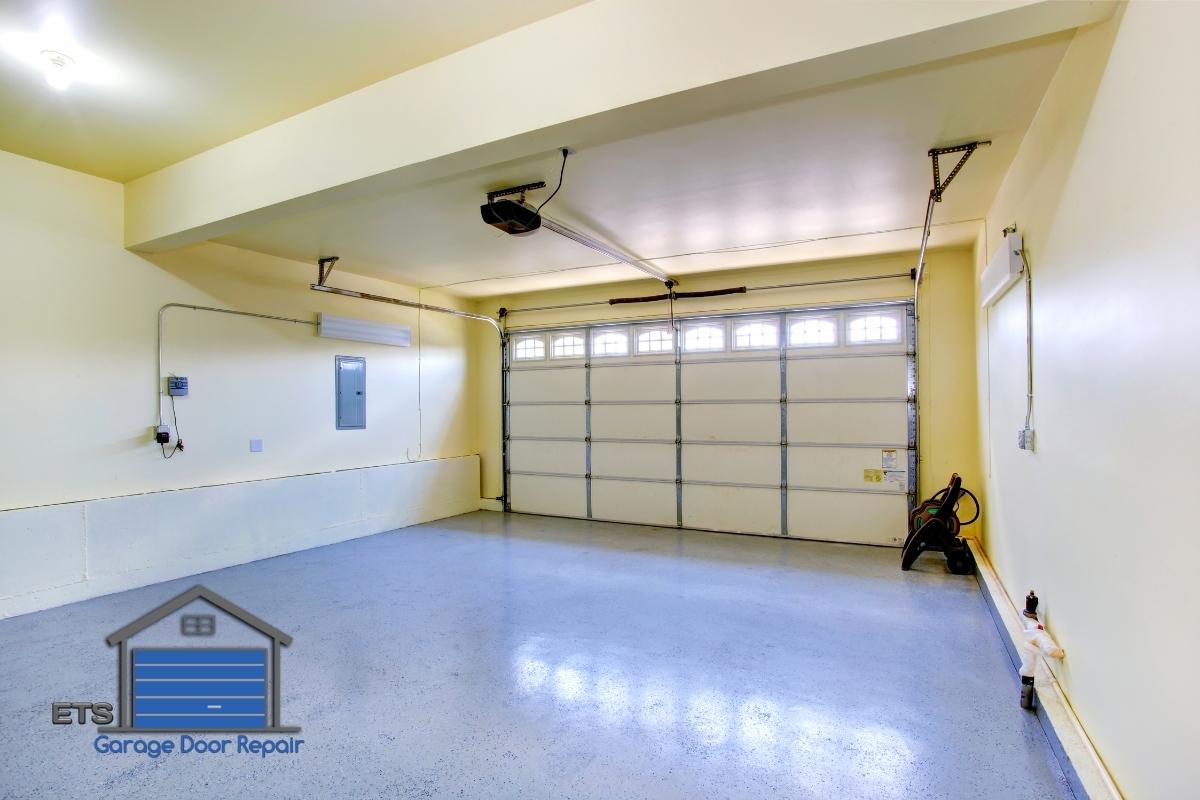
What Exactly Does The Cold Weather Do To My Garage Floor
Table of Contents
What Exactly Does The Cold Weather Do To My Garage Floor?
- Ice and snow do not simply make the garage floor slippery and messy. Since most garage floors do not have a good finish (i.e., they comprise bare concrete without a sealer on top), they are prone to damage by water and chemical de-icers.
- A concrete floor will expand and contract with changing weather. Water Seeping Through Cracks worsens the situation as the floor goes through this constant cycle of freezing and thawing.
- Salt mixes with melted snow and recrystallizes inside the concrete cracks. This ultimately leads to the cracks becoming more prominent and profound, causing the surface to crumble away.
- Sand and salt act as abrasives. While sand tears away at your floor, the salt does not even have to seep into cracks. It does its damage by causing discoloration of the floor and forming dusty white patches.
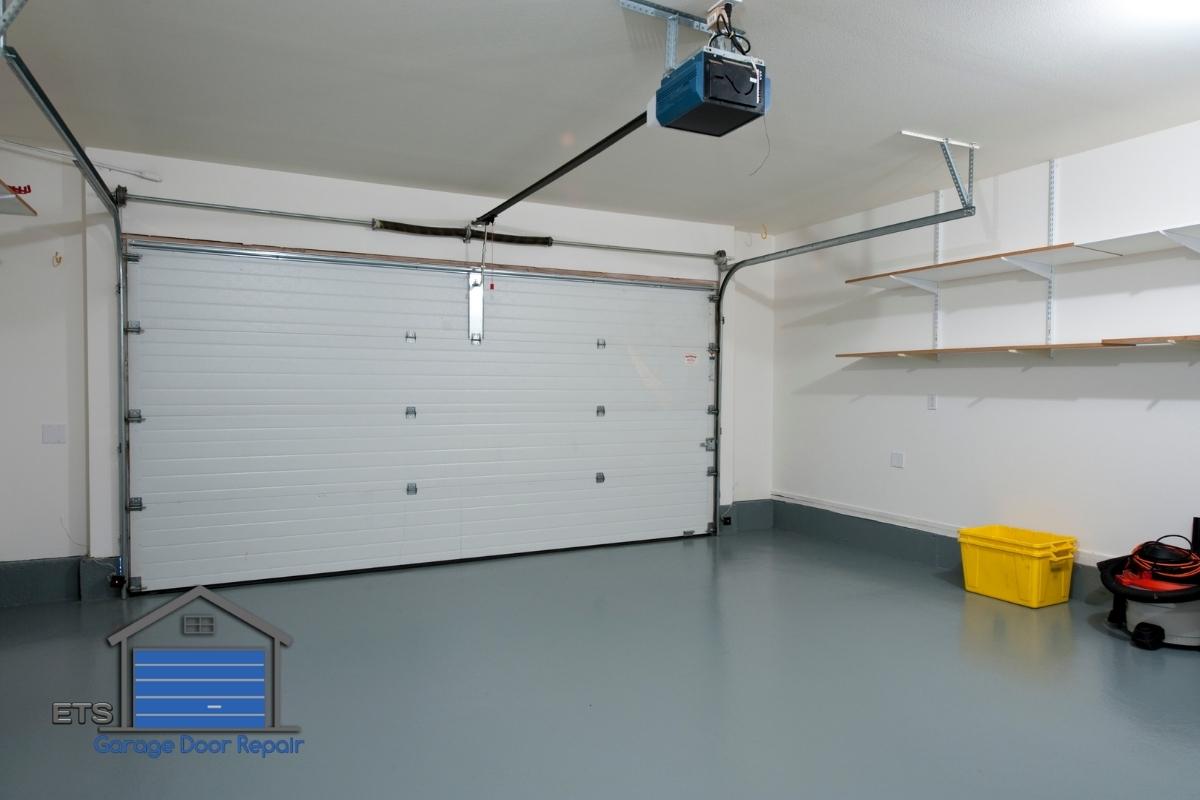
What Are The Methods Of Protecting My Garage Floor From Winter
What Are The Methods Of Protecting My Garage Floor From Winter?
There are four possible options from which you can choose. They are as follows:
1. Garage Floor Coatings
If you’re looking for the most effective method of protecting your Garage Floor Against Paint, Chemicals, and harsh weather, then epoxy or polyaspartic floor coating is the best solution. They protect your floor and provide an aesthetic look to it simultaneously.
Polyaspartic coatings are more durable, but epoxy ones are more budget-friendly. Both add a topcoat seal that protects your garage floor from all kinds of hazards.
However, a minor setback of epoxy coatings is that they need to be installed in a warmer temperature range. Therefore, you cannot apply them during the winters. If your house is in a cold climate throughout the year, then epoxy floor coatings are not your go-to.
2. Garage floor sealers
A sealant can be used to produce a film of covering that covers all the cracks and crevices. It also protects against all chemicals and substances that may cause abrasion or breakdown of the floor.
Sealers can also provide a visual appeal to your floor. However, their effect diminishes if the concrete below has an uneven color or any surface repair work has been done in the past few years.
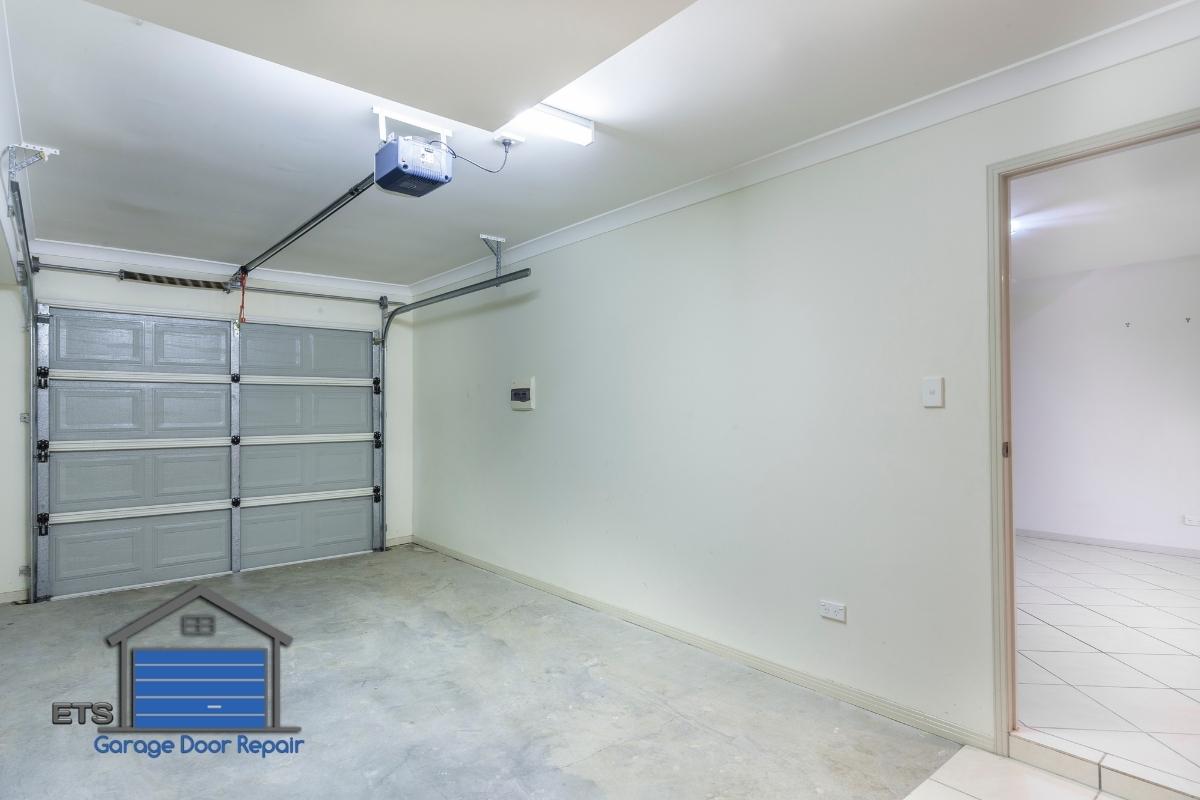
Garage floor sealers
3. Winter snow mats
If your wallet does not allow you to make heavy expenses, buying a winter mat is the best solution. Also known as water containment mats, these come in various shapes and sizes.
Their usual composition is vinyl or rubber. They can withhold a large quantity of water that may come from rains, ice, melted snow, etc. A squeegee or wet vac can be used to remove it later.
Provided that they are not too heavy or anchored to the floor, garage floor mats can be moved around according to one’s wishes.
However, most floor mats tend to tear quickly. This is especially true for cheap-quality carpets. If one turns their vehicle’s tires excessively on the mat, it can tear even then too.
4. Interlocking tiles
Interlocking rubber or PVC tiles can also be used to protect your garage floor. They’re budget-friendly and are easy to install. There are multiple designs available, and it is easy to replace them.
However, floor tiles allow a passage for melted snow and ice to the concrete below them. Therefore, it is always advised to install a drainage system before laying down any tiles.
Moisture itself collects on top of solid floor tiles and evaporates.

Interlocking Tiles
(If you are under this delusion, we would like to clear that painting your floor does not protect it. Paint has an entirely cosmetic function, not protective.)
However, if you ask us for one predominantly best solution, polyaspartic Floor Coatings Are The Best. That, coupled with a regular cleaning routine, can help you keep your garage safe from wear down and damage.
For cleaning, a squeegee or shovel should be used during winters to remove as much snow and ice as possible. Then, the dry floor should be swept thoroughly to remove any salt or dust.
About The Company!
ETS Garage Door Repair should be your go-to company to resolve any garage-related problems. The company has excellent positive reviews, and the professionals at this organization aim to satisfy their customer’s demands.
Their professionals will arrive at your doorstep within 2 hours of your call. Therefore, you can contact them whenever you have garage-related work without hesitation.


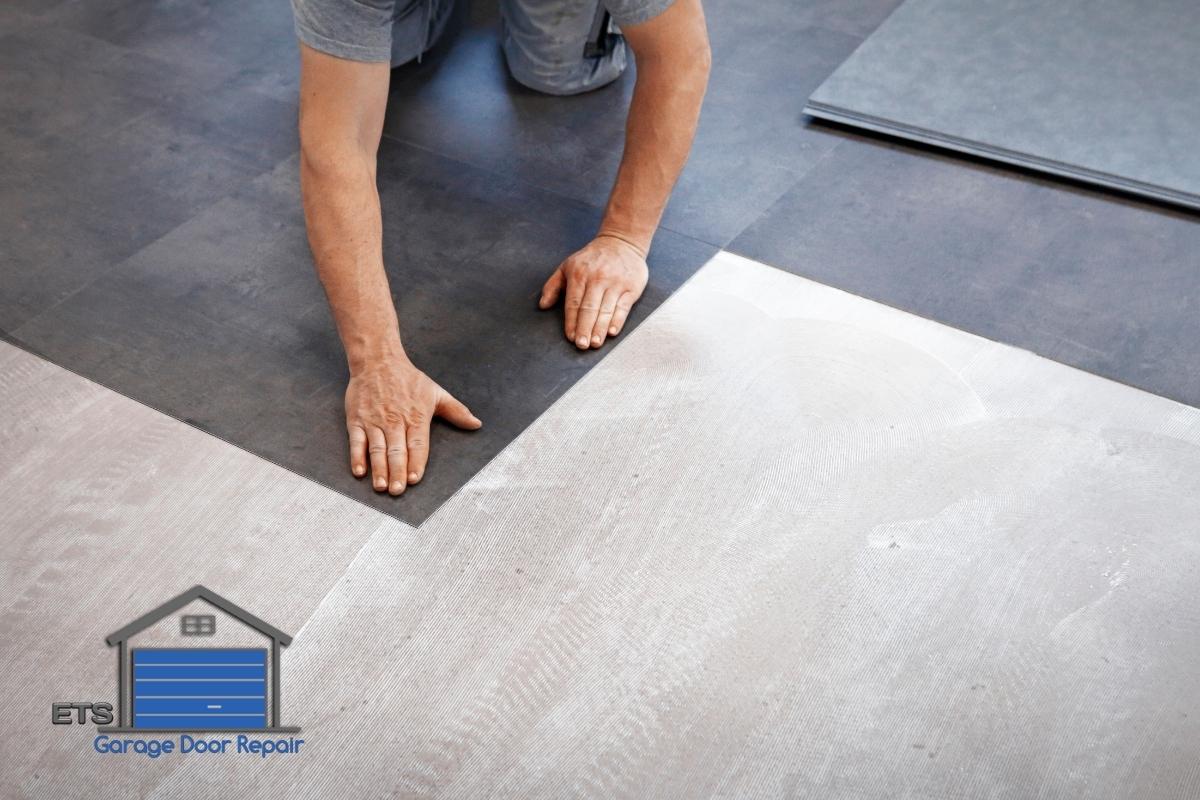

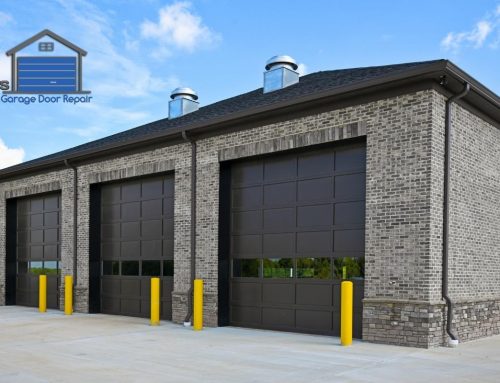
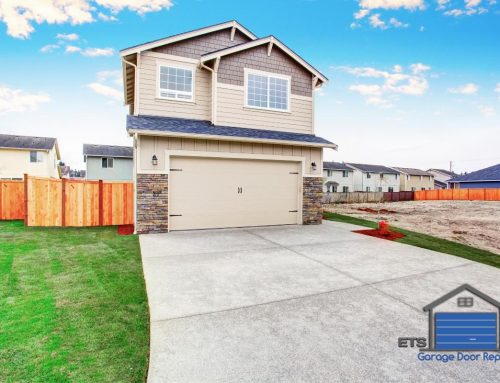
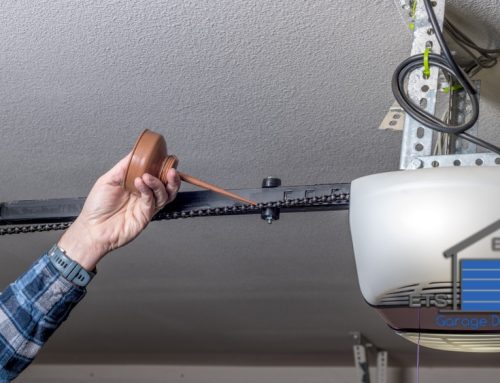
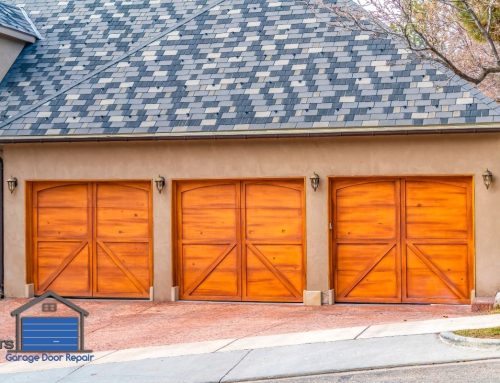
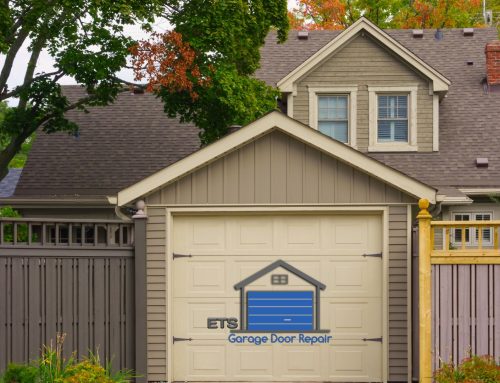

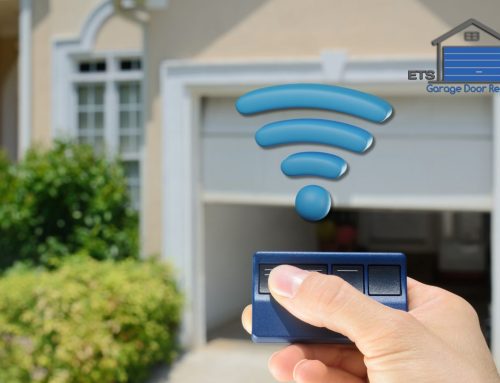
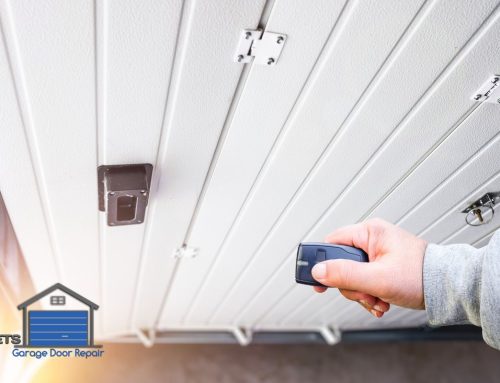
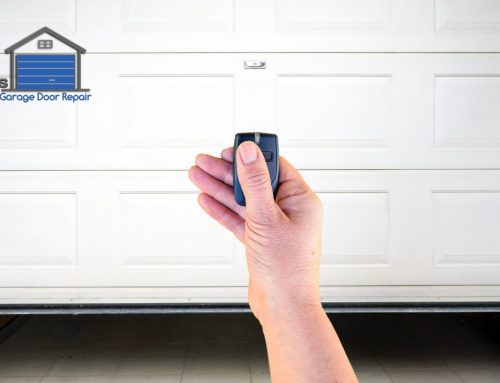
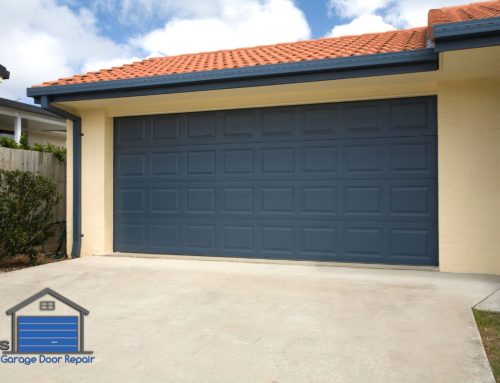
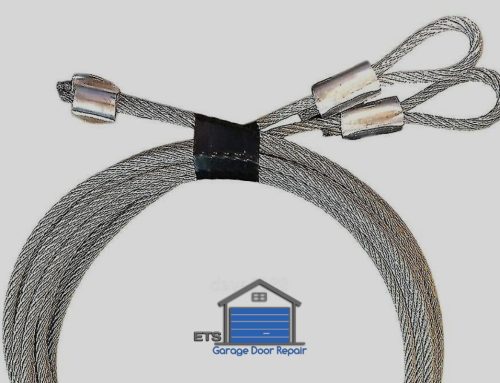












Leave A Comment